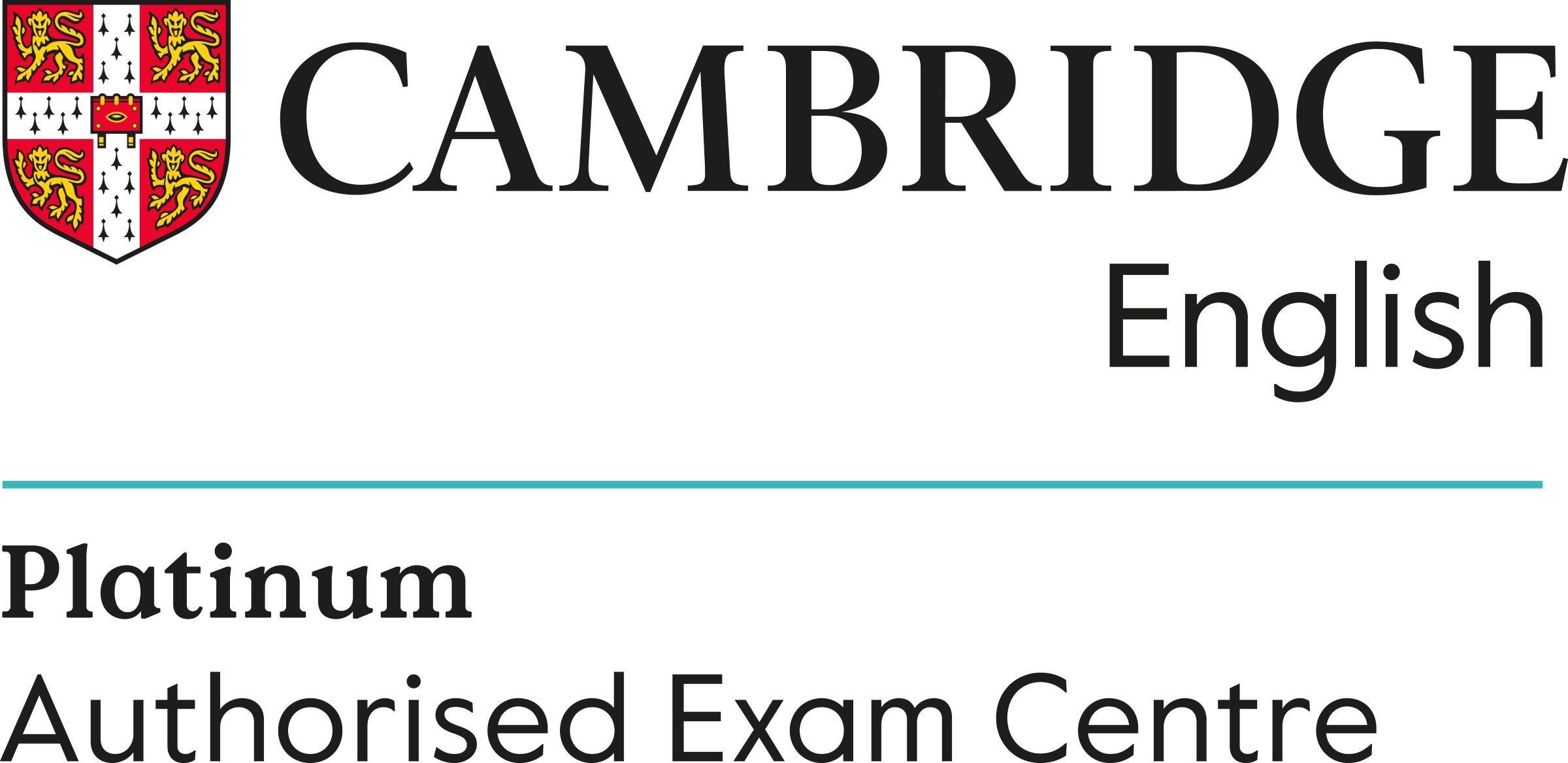What does "for Schools" mean?
This version of the exam is specifically tailored to primary school pupils aged 11-14 to increase their motivation to learn English. The Preliminary for Schools exam is exactly the same as the Preliminary exam and the difficulty level of the exam sections is also the same. The only difference lies in the content and wording of the topics, which in the case of Preliminary for Schools are specifically oriented towards the interests and experiences of school children. The certificate for the Preliminary for Schools (PET for Schools) is identical to the certificate for the Preliminary (PET) and does not indicate anywhere that it was the 'for Schools' version.
-
Why take the B1 Preliminary for Schools exam?
- B1 Preliminary corresponds to the level of the Maturita exam in the Czech Republic at specialised secondary and vocational schools. Some schools allow candidates to substitute the profile part of the Maturita exam for a Cambridge English certificate from 140 points upwards, as per the Common European Framework of Reference for Languages. Talk to your institution to see if it allows substitution of the Maturita exam.
- It will help you assess your progress in English.
- Preliminary for Schools tests practical English at a basic level and tests all four language skills - reading, listening, writing and speaking. Grammar and vocabulary skills are also assessed. This knowledge is tested using materials based on everyday situations.
- Each candidate receives a written report showing the results achieved in each part of the examination. If you pass the exam, you will receive a Cambridge English Language Assessment certificate that is valid for life.
- Many institutions in the Czech Republic also require or take into account the PET (for Schools) certificate on an applicants CV: list of institutions
-
Content of the exam
Reading (45 minutes)
The candidate's ability to read and understand texts of various types such as signs, brochures, newspapers or magazines is tested, in which he/she should be able to understand the main meaning and colouring and also be able to cope with unfamiliar vocabulary and grammatical structures.
Writing (45 minutes)
The candidate's ability to respond to an email and write an article or story is verified. Each of these tasks must be 100 words in length.
Listening (30 minutes)
This part of the exam assesses the understanding of the main idea of the recordings, such as monologues, dialogues or advertisements with topics from everyday life, which are always delivered at a moderate pace.
Speaking (12-16 minutes)
The candidate's reactions, expressions of agreement or disagreement, and ability to reason with the examiner and the other candidate in an interview on simple topics are tested.
-
Rating
The threshold for passing the exam is 140 out of 170 points from all parts of the exam. Candidates who achieve a score of 120-139 will be awarded an A2 level certificate.
160 -170 = Pass at Grade A (Corresponds to level B2.)
140 - 159 = Pass at Grade B a C
120 - 139 = CEFR Level A2
0 - 119 = Fail
See this document for more - Information materials and sample test






